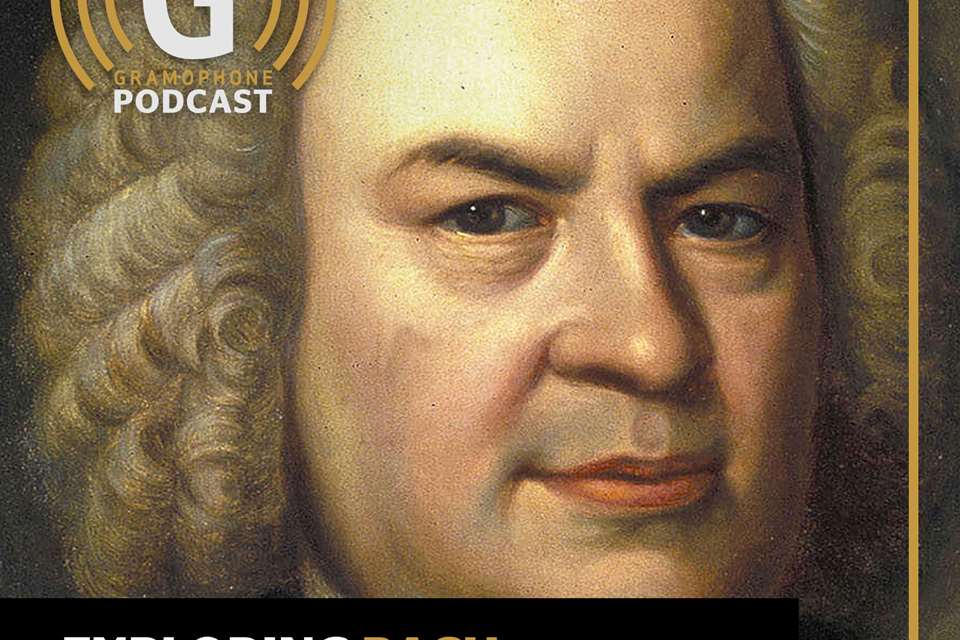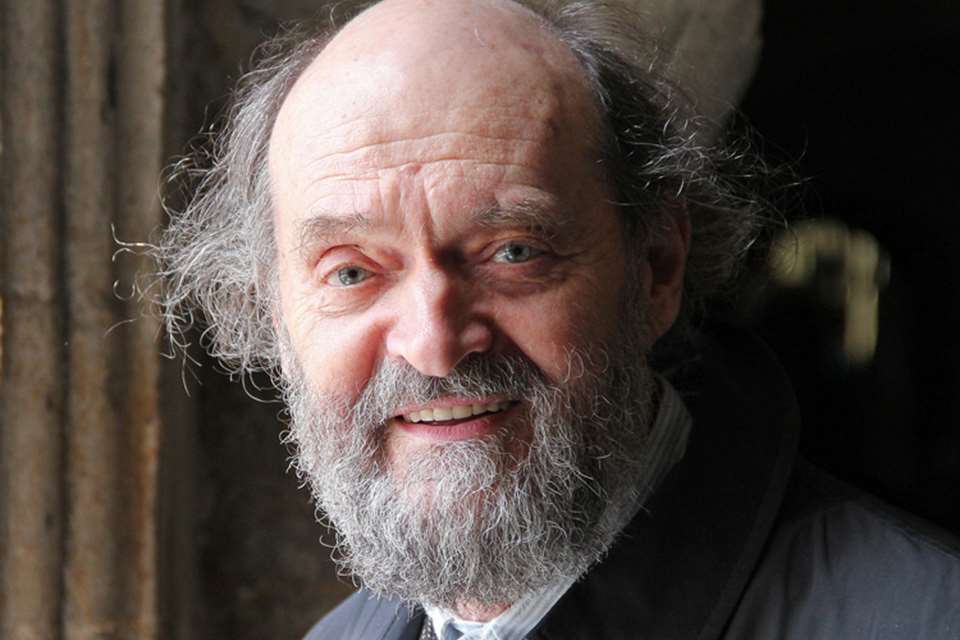Music for Holy Week: a specialist's guide
Edward Breen
Monday, April 3, 2023
Edward Breen draws on the vast musical repertoire associated with the week just before Easter, resulting in a fascinating and varied selection encompassing pieces by composers from Thomas Tallis to John Adams
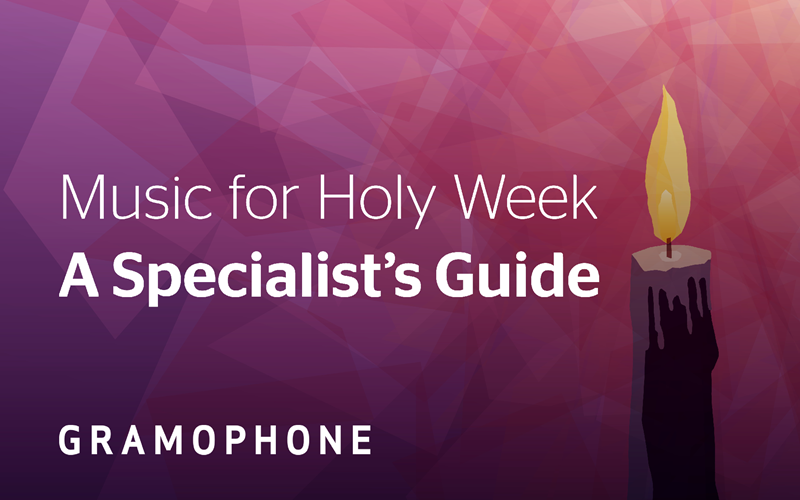
Holy Week is the period from Palm Sunday to Holy Saturday spanning the seven days immediately before Easter Sunday. It is a time of penance for Christians who believe that the suffering and sacrifice of Christ and his subsequent Resurrection symbolise the hope that mankind will be redeemed from sin. In the Catholic liturgy, these events are expressed and commemorated through a complex, nuanced re-enactment and meditation for which there is a vast and fascinating musical repertoire, particularly so from the late medieval and Renaissance periods.
Despite liturgical revisions recommended by the Second Vatican Council (1960s), much early Latin repertoire for Holy Week is still heard in church services today. Furthermore, settings of the Passion story are an important part of Lutheran, Anglican and Catholic traditions as well as being performed in concert settings. The following selection, therefore, draws both on texts from the Catholic Holy Week liturgy and a wide range of settings of the Passion story.
We begin with the Stabat mater, a Marian hymn depicting the mother of Christ standing, weeping at the foot of the Cross. The text contains an arresting shift of focus as the narrator ceases to observe and turns to address Mary directly. Next we focus on liturgical music for the triduum, a three-day period of intense devotion between Maundy Thursday and Holy Saturday: two settings of the famous Miserere text and two different sets of Tenebrae responsories, then the Lamentations of Jeremiah the prophet. ‘Tenebrae’ means darkness; it comprises morning offices traditionally performed on the evening of the preceding day. It has long captured the attention of historians and grand tourists alike for the dramatic symbolism of sequentially extinguished candles and the strepitus, a noisy outburst with various allegorical meanings. We end with Passion settings: from the Gospel of St Matthew, and three modern ones, including one from St John.
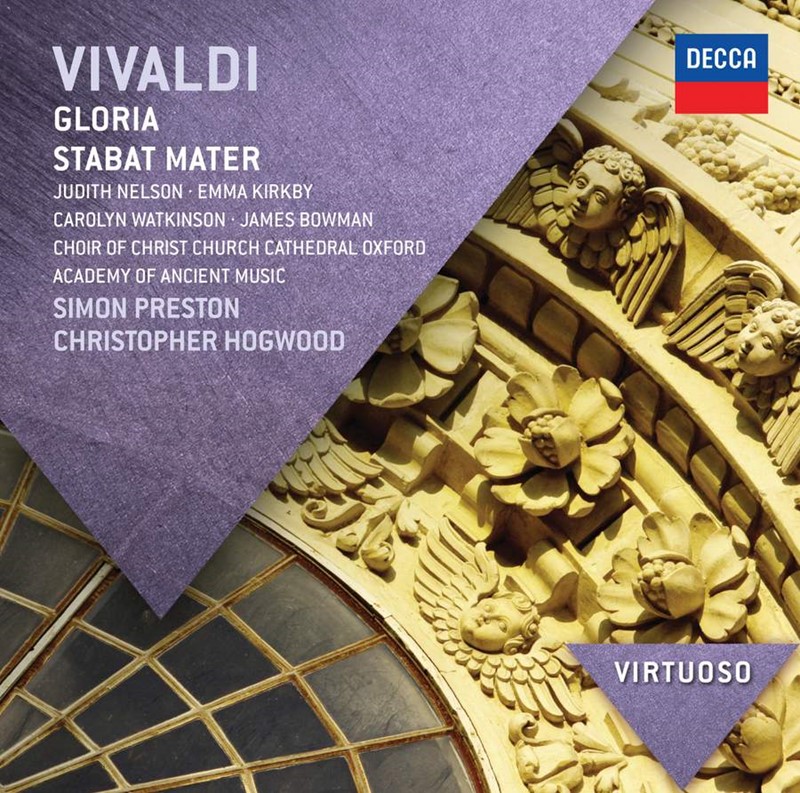
Vivaldi Stabat mater
James Bowman counterten Academy of Ancient Music / Christopher Hogwood (Decca)
Bowman and Hogwood were a key partnership in Baroque music performance, and this classic interpretation of Vivaldi’s Stabat mater, dating from 1976, is as intense and immediate today as it ever was. Opting for an intimate and uncomplicated approach, Bowman draws the listener in to the text of this famous Catholic hymn. The climax, ‘Eia, Mater’, is perfectly poised as the strings play with spine-chilling simplicity to highlight the poem’s direct address to Mary.
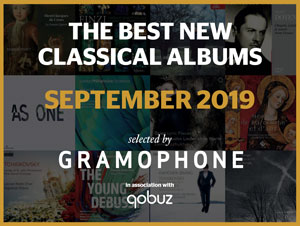
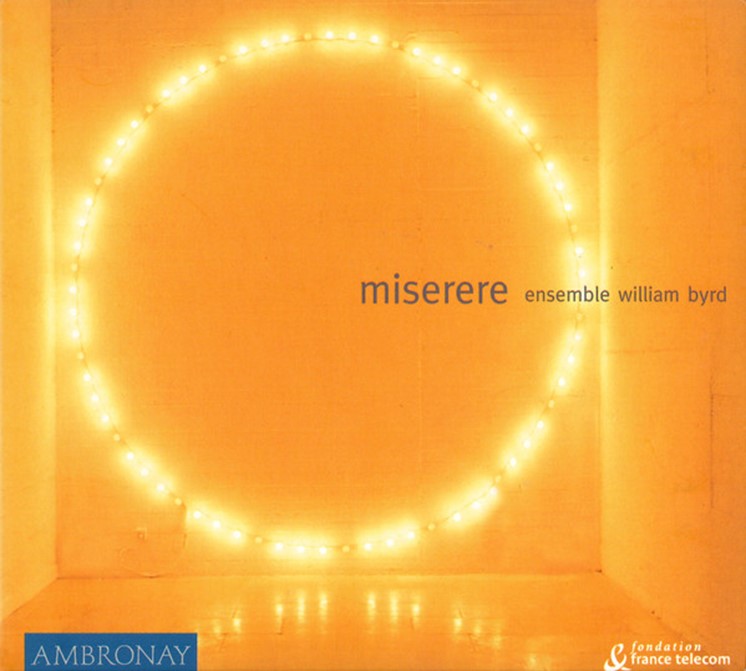
Allegri/Bai Miserere
Ensemble William Byrd / Graham O’Reilly (Naïve/Ambronay)
Grand tourists queued for hours to hear the papal choir sing the Miserere during Tenebrae. This album offers the hybrid version by Tommaso Bai and Gregorio Allegri as preserved by a papal choirmaster in the 19th century. Not only is it an absolutely glistening performance with bright, unwavering high Cs and many of the famous abbellimenti, but also it’s an exploration of the surprisingly ornate later stages of this long tradition. The album also includes settings by Franceso Scarlatti and Leonardo Leo.
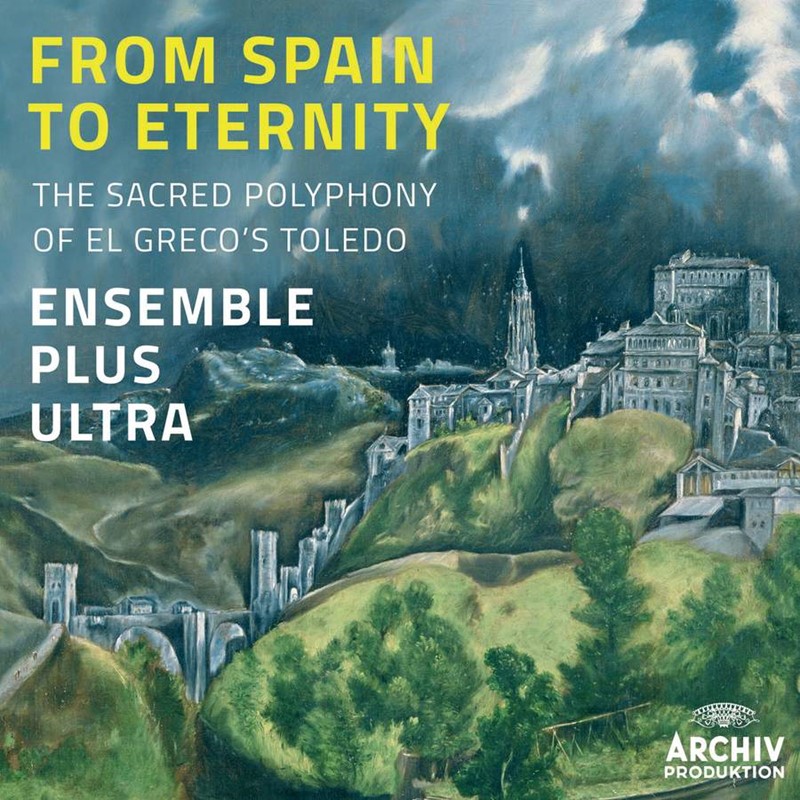
‘From Spain to Eternity: The Sacred Polyphony of El Greco’s Toledo’
Ensemble Plus Ultra (Archiv Produktion)
Based around Lobo’s Missa Prudentes virgines this fine programme of Spanish Renaissance polyphony is best described as somewhere between transcendental and ethereal. With just one voice per part, Ensemble Plus Ultra create a rich, blended sound spiced with crystal clear diction. This album is chosen for a wonderful performance of Miserere mei, Deus by Alonso de Tejeda, showcasing these singers as leading lights.
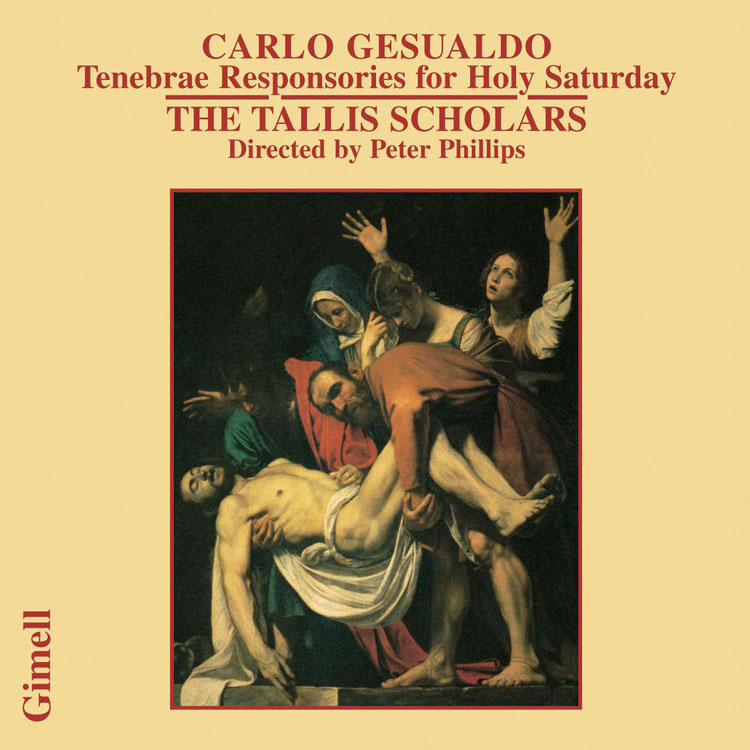
Gesualdo Tenebrae Responsories for Holy Saturday
The Tallis Scholars / Peter Phillips (Gimell)
John Milsom’s endlessly repeatable quip from this very magazine, ‘Is this great music, or is it merely weird?’ was boldly emblazoned on The Tallis Scholars’ own publicity for this album. The ensemble drew on the very best consort singers of their day, and their crystalline tone lends solemnity to the madrigalian gestures and harmonic twists of Gesualdo’s style. The response ‘O vos omnes’ is the jewel in this crown.
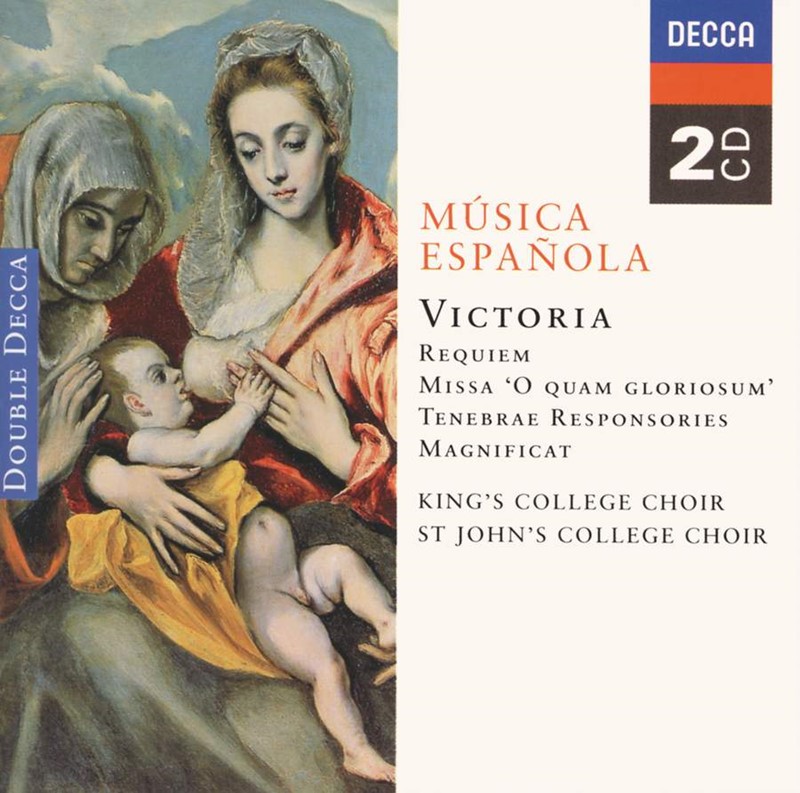
Victoria Responsories for Tenebrae
Westminster Cathedral Choir / George Malcolm (Decca)
This extraordinarily passionate recording (1959) still has strong atmospheric impact. Sessions were held while the building was open to the public, and careful listening reveals sounds of cathedral life, creating an aural soundscape so evocative of mid-20th-century Catholicism that one can’t help but feel transported. The singing is somewhat ‘gutsy’ by modern polyphonic standards. Listen out for the hair-raising conviction of the choirboy soloist in the verse ‘Judas mercator’.
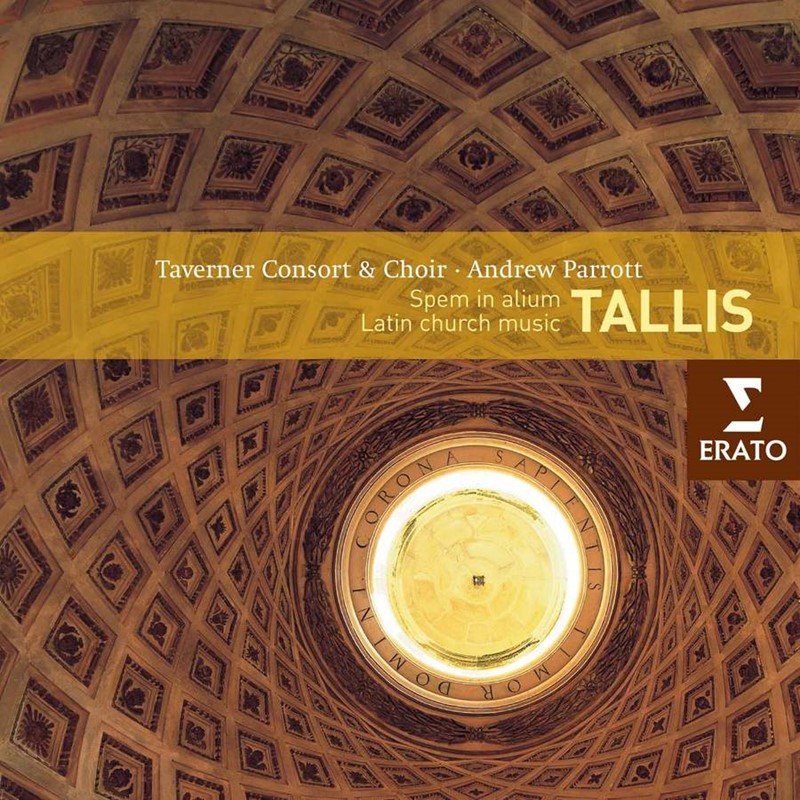
Tallis Gaude gloriosa Dei mater, Lamentations I & II
Taverner Choir and Consort / Andrew Parrott (Virgin)
Cited by Andrew Carwood as an important influence on his own musical development, this album is warmly phrased and deserves repeated listening. Parrott’s preoccupation with the potential non-existence of the historical countertenor leads to a performance of the first set of Tallis’s Lamentations of Jeremiah topped by high tenors. The resulting texture is rich, oaken and wonderfully intimate.
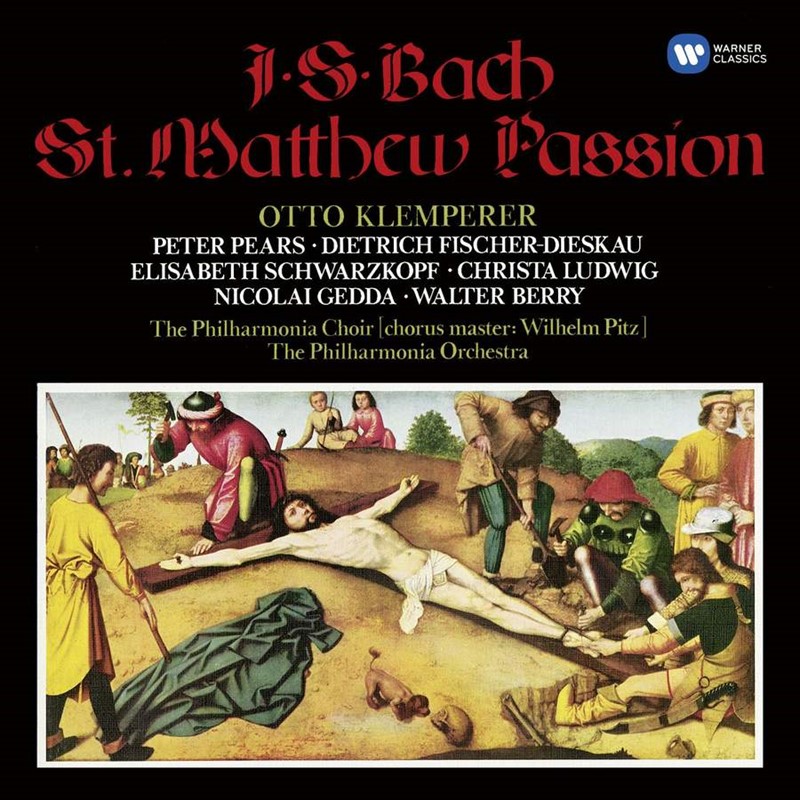
Bach St Matthew Passion
Soloists; Philharmonia Choir and Orchestra / Otto Klemperer (Warner Classics)
For those of us long bewitched by the superb recordings of Sir John Eliot Gardiner, Klemperer’s Bach makes unexpected demands on the listener. The sheer slowness of this recording can be as overwhelming as the work’s message, but as is so often the case with Bach, one finds that different approaches enhance understanding. Of particular note is Peter Pears’s poignant Evangelist, a stark reminder that we ignore older recordings in outmoded styles at our peril.
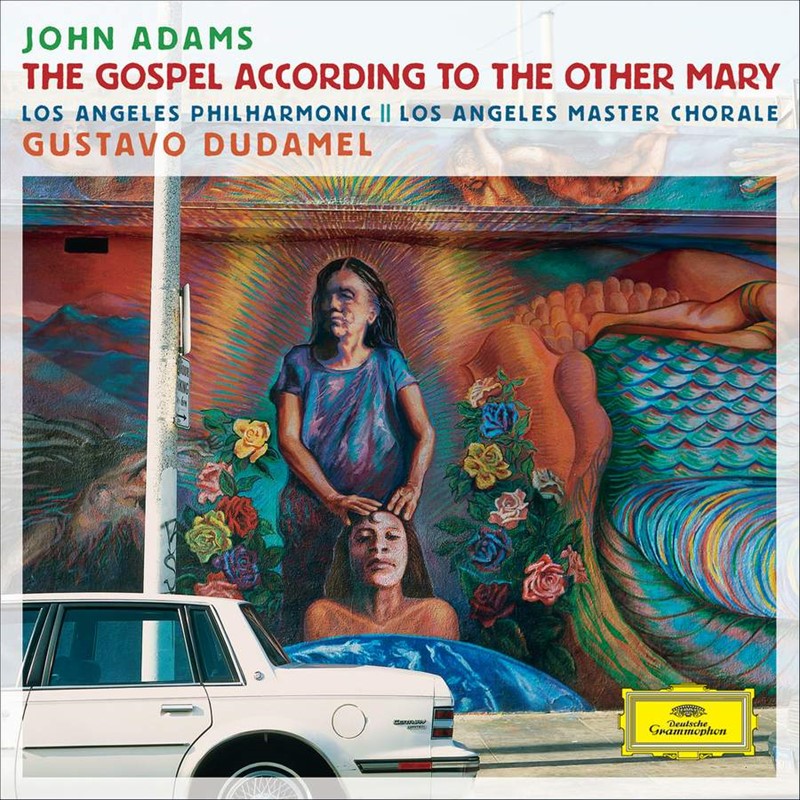
John Adams The Gospel According to the Other Mary
Soloists; LA Master Chorale, LAPO / Gustavo Dudamel (DG)
John Adams has skilfully synthesised 20th-century styles in this Passion oratorio, a collaboration with director and librettist Peter Sellars. Dudamel leads a strong cast through impassioned modern texts that reframe the Gospel story while a countertenor trio functions as a calmly shimmering Evangelist. Adams’s filmic sense of place is particularly vivid in his depiction of Golgotha. All wonderfully captured by Dudamel and his team.
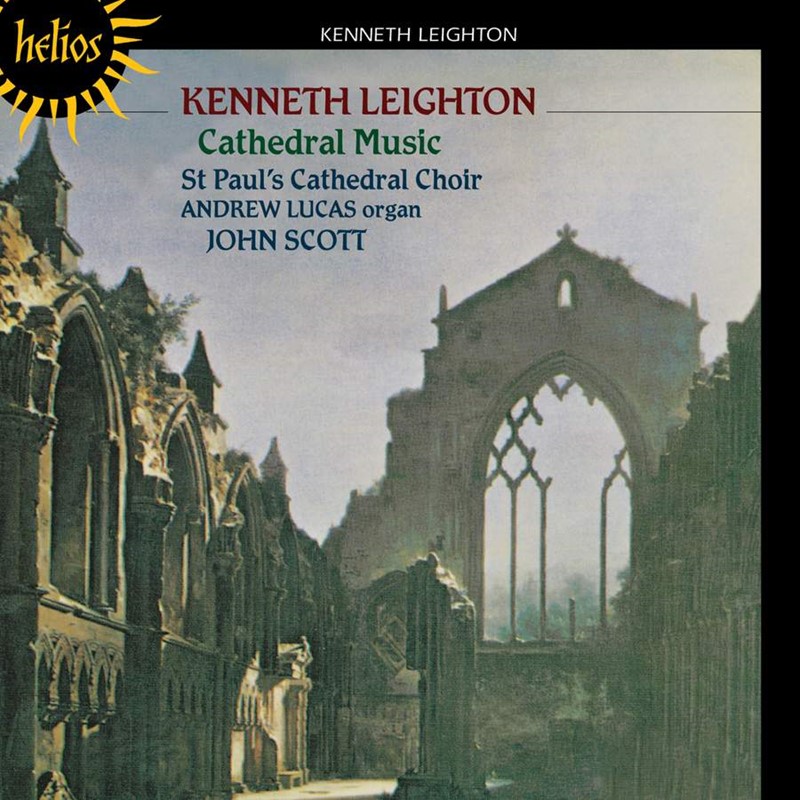
Leighton Crucifixus pro nobis
Neil Mackie ten St Paul’s Cathedral Choir / John Scott (Helios)
This album is a superb account of Kenneth Leighton’s choral music, greatly enhanced by the cavernous acoustic of St Paul’s. Crucifixus pro nobis (1961) is a 20-minute cantata in which the last movement, a setting of Phineas Fletcher’s Drop, drop, slow tears, receives the quintessential British cathedral sound. Scott takes a deliciously slow tempo, allowing the exquisite harmonies time to breathe as they float upwards in hopeful anticipation of the Resurrection.
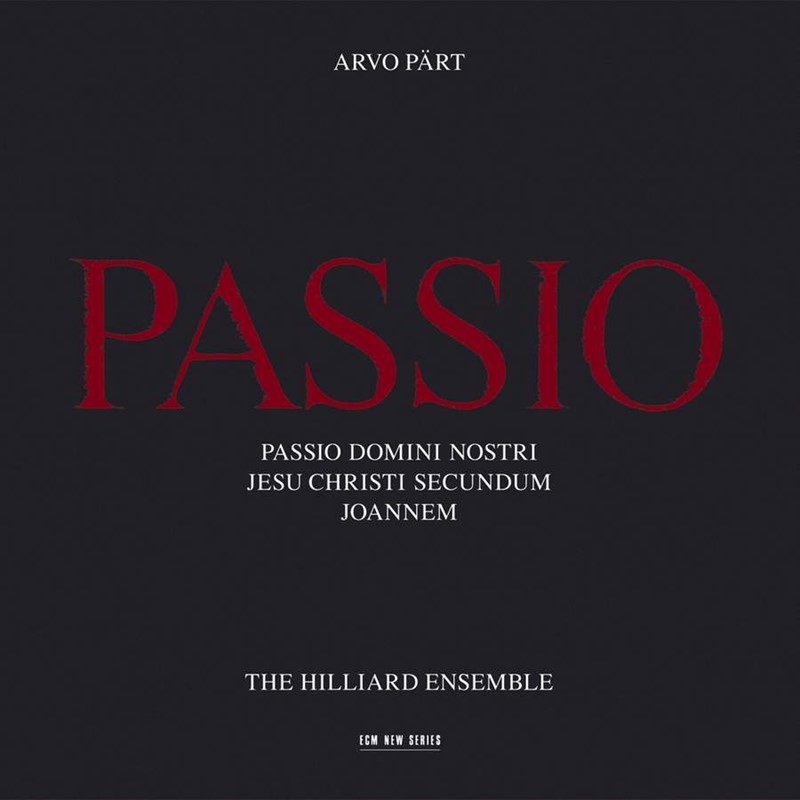
Arvo Pärt Passio
The Hilliard Ensemble / Paul Hillier (ECM New Series)
Here, The Hilliards and Arvo Pärt proceeded first to capture and then to bottle the zeitgeist. Remarkable for the synchronicity of vision between the warm telepathy of The Hilliard sound, the uncluttered repetitions of Pärt’s music and the elegant simplicity of ECM’s sleeve design, it ushered in the 1990s with a magical fusion of sacred music and Conran Shop aesthetic. Time seems to stand still as The Hilliards and their shadow-instruments allow Pärt’s mystical tintinnabulations to unfold. The wind howling around St Jude-on-the-Hill lends an extramusical dimension to the bleakness of Good Friday.




